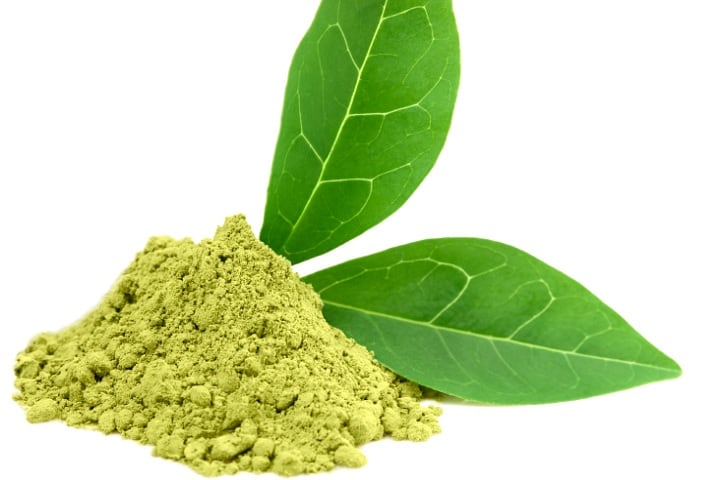The review, published in Nutrients and written by the controversial figure Dr Matthias Rath and other researchers at his institute, surveys the research on polyphenols and their efficacy against various cancers, along with research on polyphenol combinations.
“One of major problems with using polyphenols as anti-cancer agents individually is their poor bioavailability in the human body. In addition, their interactions with other natural compounds in a diet may hinder or complicate consistency of their efficacy,” write the review’s authors.
“Several in vitro and in vivo studies have shown that combinations of two or three polyphenols were more effective in inhibiting cancer growth than treatment with a single compound.”
Combinations can boost bioavailability
“Our research has demonstrated that multi-nutrient combinations, through their reciprocal interactions, including synergy, can modulate bioavailability of natural compounds and exercise pleiotropic effects by affecting multiple metabolic pathways involved in carcinogenesis simultaneously,” they added.
The review highlighted two recent Dr Rath studies which showed a mixture of green tea extract EGCG plus quercetin (EPQ), which also includes vitamin C, l-lysine, l-proline, l-arginine, N-acetyl cysteine, selenium, copper and manganese, was effective in suppressing ovarian cancer growth in mice.
In the first study, dietary intake of EPQ inhibited the weight and burden of tumours by 59.2% and 59.7% respectively.

In the second study, they wrote: “All control mice developed large ovarian tumours, whereas five out of six mice in the EPQ group developed no tumours, and one, only a small tumour. EPQ suppressed tumour growth by 87%.”
Another Rath study they referenced, published in 2015, investigated the nutrient mixture containing Cruciferex – a proprietary compound of polyphenols from cabbage, cauliflower, broccoli and carrots – as well as quercetin, turmeric root extract, resveratrol, and green tea extract.
The researchers tested the mixture’s effects against mice injected with Fanconi anemia head and neck squamous cell carcinoma cells.
“We found that nude mice injected with [cancer] cells and subsequently fed a diet supplemented with 1% PB demonstrated inhibition of tumour growth by 67.6%... and tumour burden by 63.6%.”
The review also detailed results from other studies from the Dr Rath Research Institute from 2010, which showed similar effects against cancers.
“Combinations of polyphenols with micronutrients essential for maintaining integrity and stability of extracellular matrix offer expanded anti-cancer benefits. They include targeting complementary metabolic pathways important in curtailing cancer invasion and metastasis,” they concluded.
The wrap on the wrath of Rath

Dr Rath, whose companies sell food supplements, is a highly divisive figure in the world of nutrition, having been heavily criticised for his claims that HIV/Aids could be treated with multivitamin supplements, and his participation in illegal clinical trials in South Africa to investigate this.
A 2003 analysis by the Swiss Cancer League of Rath’s claims for his supplements’ anti-cancer properties found no evidence to support the claims.
MDPI, the publisher of Nutrients, confirmed the review has been fully peer-reviewed, and has been approved by the journal’s editor in chief, as well as by Dr Karen Bishop, guest editor for the special issue on Polyphenols for Cancer Treatment or Prevention, in which the review appears.
Source: Nutrients
Published online ahead of print, doi: 10.3390/nu8090552
“Anticancer Efficacy of Polyphenols and Their Combinations”
Authors: Niedzwiecki, A.; Roomi, M.W.; Kalinovsky, T.; Rath, M.
